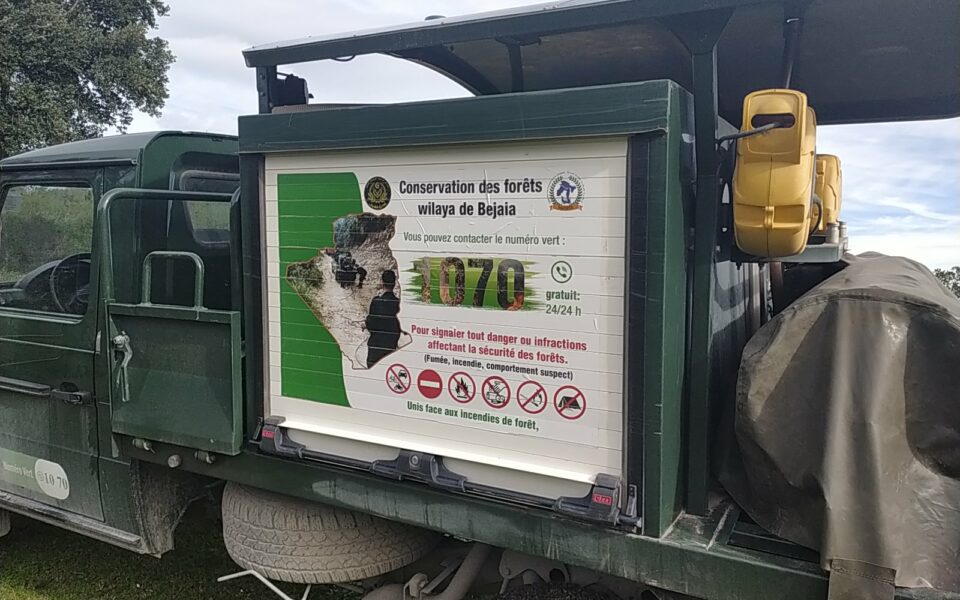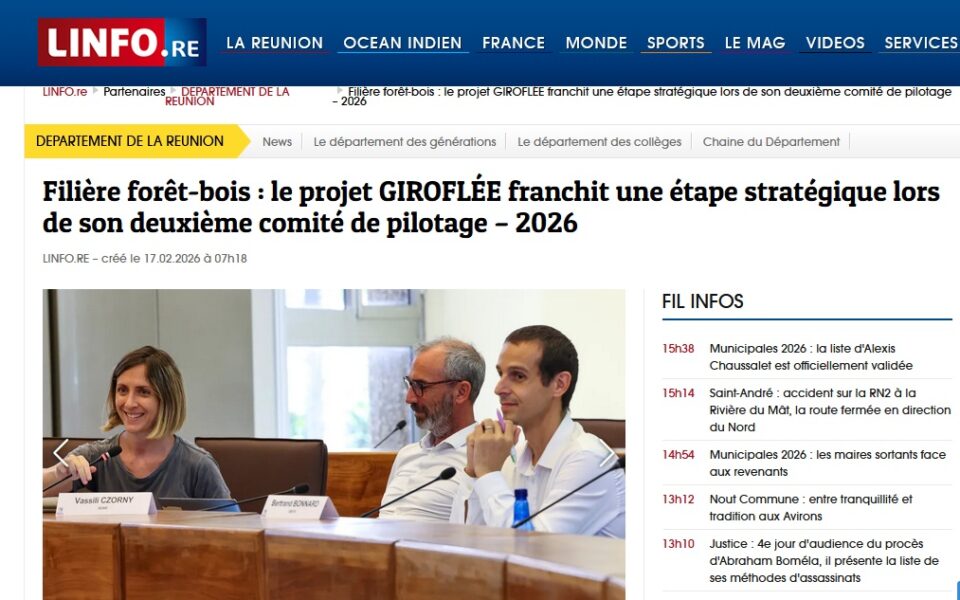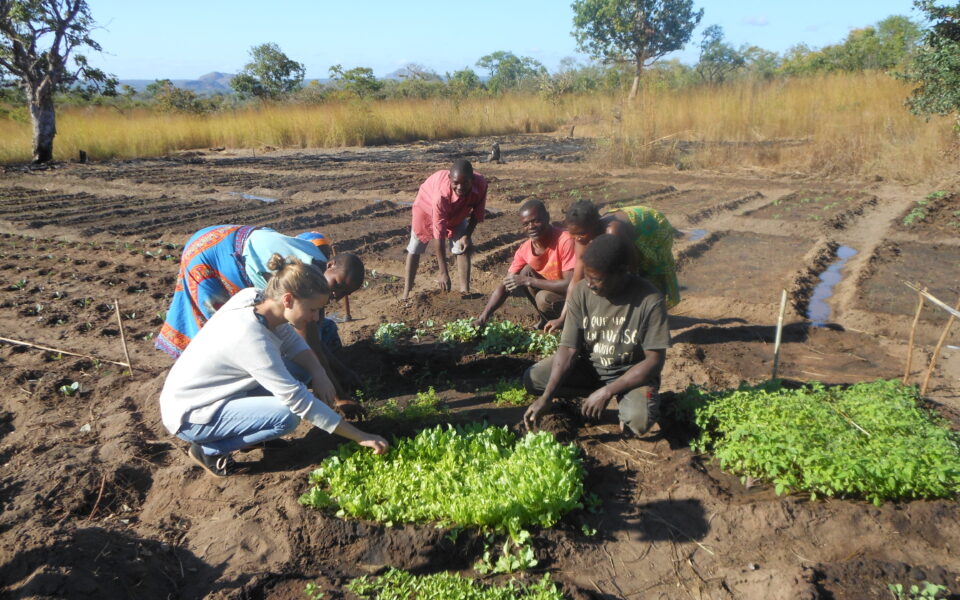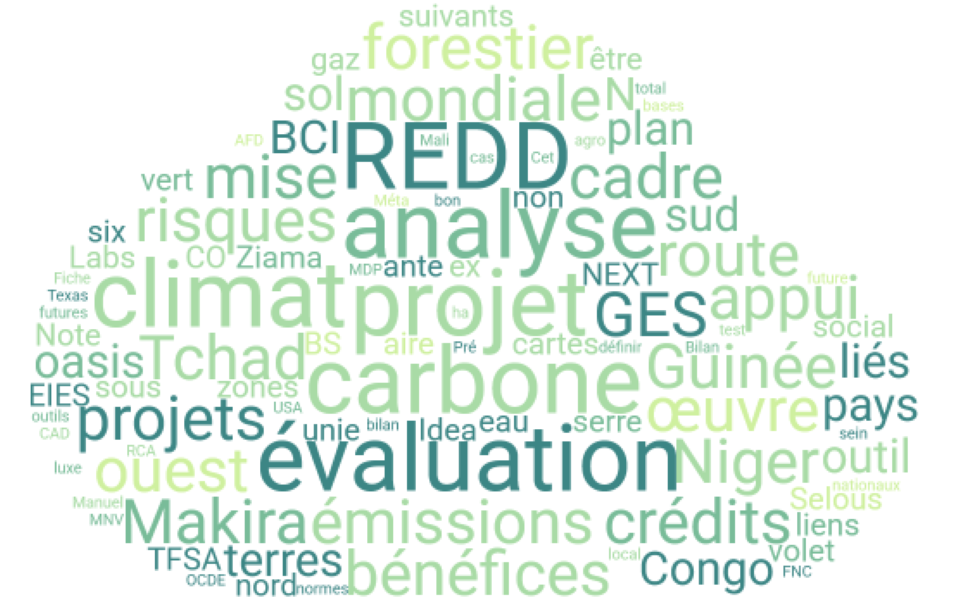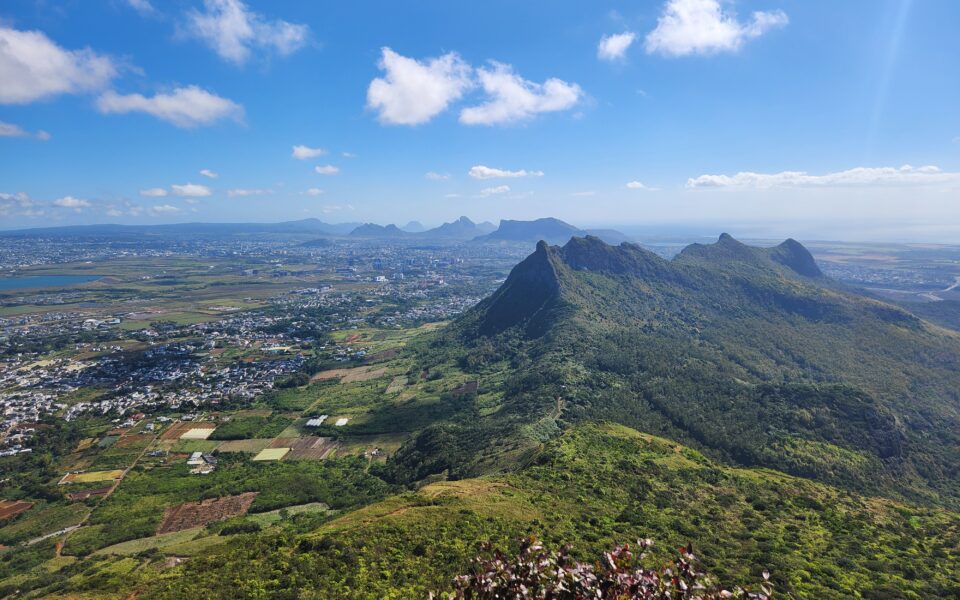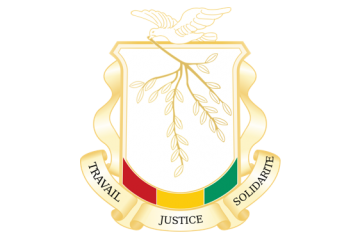
To date, the service has made it possible to initiate reforms of the Department of Agriculture and Livestock, at the level of the DNA.
Audit of the National Directorate of Agriculture (DNA) in Guinea
Government of Guinea, 10/2022
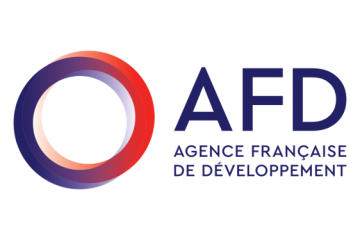
My organization particularly appreciates the responsiveness, precision and relevance of the work provided by SalvaTerra.
Analysis of Mozambique’s Emission Reduction Programme Paper (ER-DP)
Agence française de développement, 03/2018

Full satisfaction with the service provided. The study was submitted on time and even exceeded our expectations in terms of depth of analysis and relevance of the recommendations. The quality of the work provided, the methodological seriousness and the effective coordination with the local teams made it possible to obtain concrete and usable results for the rest of the project.
Study of the cassava, timber and charcoal value-chains for an agroforestry plantation
Mushiete & Co, 02/2025

My organization, as well as the client and recipient, have been extremely satisfied with this service and consider it one of the major successes of the GCCA/intra-ACP Programme.
Research and development study “Superkuu” for a sustainable yam
Prospect Consulting & Services, 09/2017

My organization is very satisfied with SalvaTerra's service and particularly appreciated the involvement of the experts and the high quality advice provided.
Estimating the costs/benefits of REDD+ in Morocco
Agence de coopération technique allemande, 02/2014
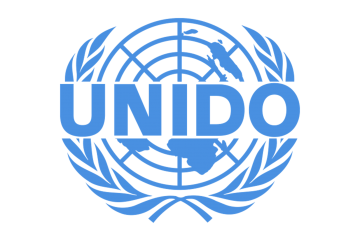
The work done is satisfactory and has been validated by counterparts and relevant stakeholders.
Assessment and development plan of the sesame value chain in Chad
United Nations Industrial Development Organization, 08/2015
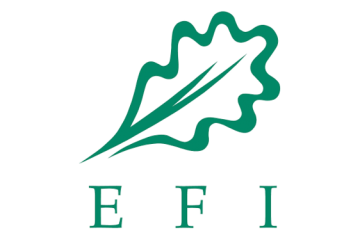
Salva Terra's experts have shown great professionalism in the management of this project, in the mobilization and consultation [...] as well as in the conduct of technical analysis.
Support for setting up a Brazil-DRC bilateral cooperation on REDD+
European Forest Institute, 04/2015

The delivery and deliverables provided (...) are of high quality with practical guidance to support the work of IUCN and its partners in the field. IUCN particularly appreciated the collaborative approach and efficiency in carrying out the mission.
Promoting pro-biodiversity practices in mining and agribusiness in West and Central Africa
International Union for Conservation of Nature, 09/2020

My organization is satisfied with this serious service. SalvaTerra has been able to bring together good experts who have done a lot of work.
Evaluation of the “Ega Egga” project to support pastoralism in the Ferlo
French Development Agency, 05/2019

My organization is satisfied with the delivery of this service.
Mid-term evaluation of the Forest Management Control (CAF) project
French Development Agency, 10/2022

My organization is satisfied with this service.
Facilitation of a consultation workshop on resilient agricultural production
Expertise France, 10/2017

My organization is satisfied with SalvaTerra's performance, as well as its professionalism and flexibility in accomplishing tasks [...] SalvaTerra's in-depth knowledge of the DRC and the Plateaux District was a clear added value.
Support for the operationalization of the GICET agroforestry cooperative
Institut européen de la forêt, 11/2015
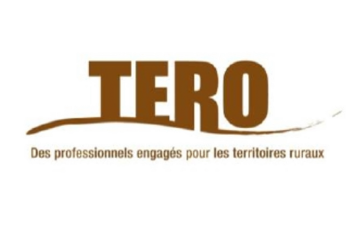
Johan Pasquet, conducted and completed the performance in a satisfactory manner.
Development of a monitoring methodology and baseline study in community forestry
Tero, 09/2019

The Nodalis/SalvaTerra consortium has carried out to our full satisfaction the joint evaluation of three lines of credit in favor of the BNDA in Mali.
Evaluation of three lines of credit allocated to the National Bank for Agricultural Development (BNDA) by AFD
French Development Agency, 01/2021

The work [...] made available by SalvaTerra on this evaluation has made it possible to deliver quality and timely work. Communication with SalvaTerra was smooth.
Evaluation of the WFP Country Strategic Plan 2019-2023 in Mauritania
Institute for Research and Application of Development Methods, 10/2022












![[ANNONCE] SalvaTerra poursuit son développement en 2026 en intégrant l’Alliance for Nature](https://www.salvaterra.fr/wp-content/uploads/2026/03/Alliance-for-Nature-v2-aspect-ratio-960-600.jpg)
